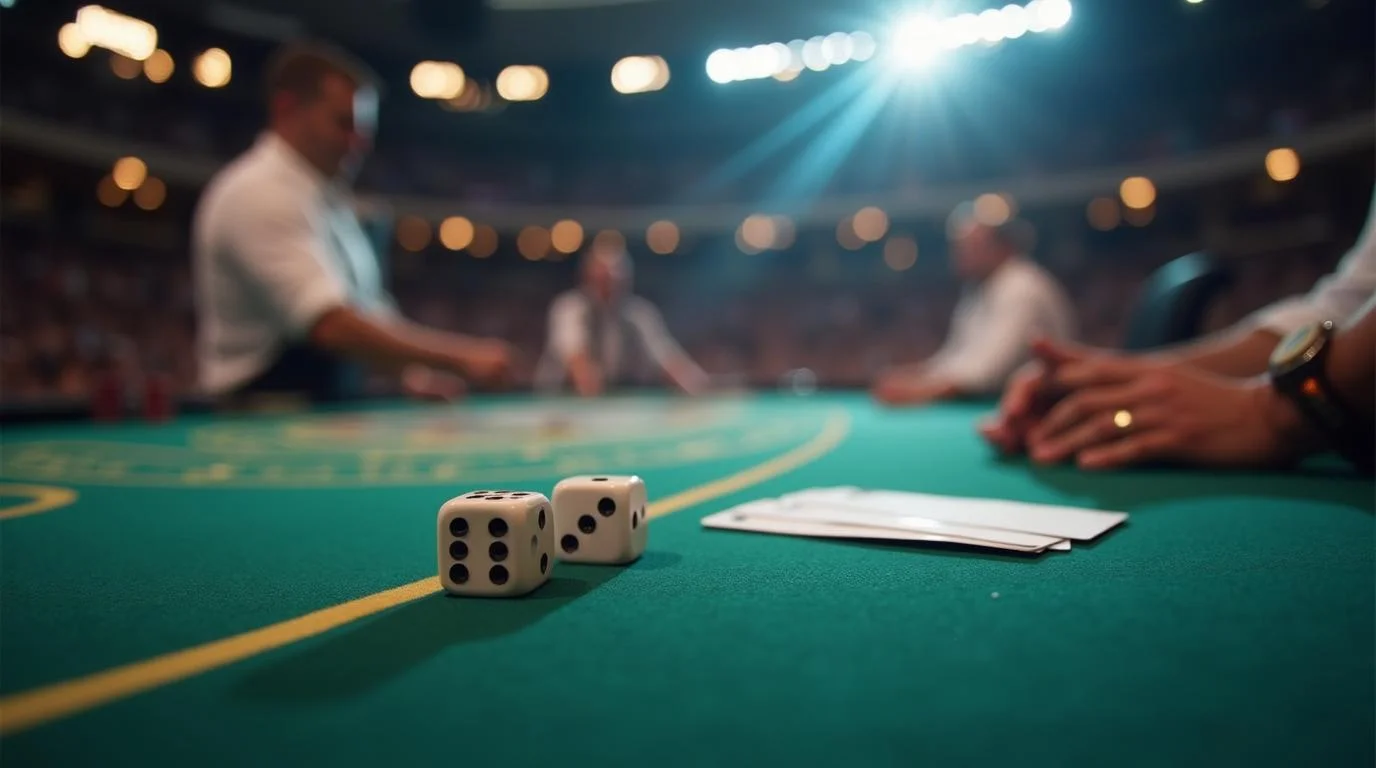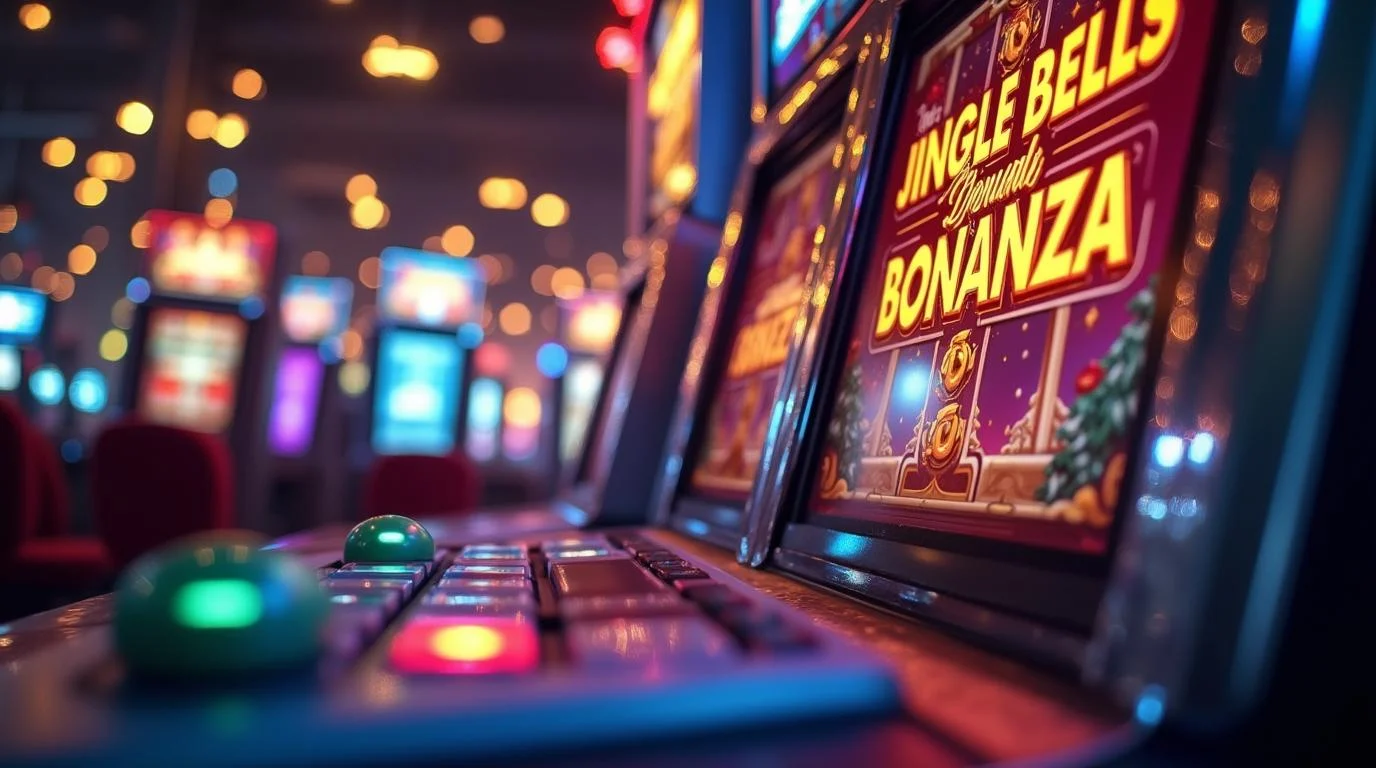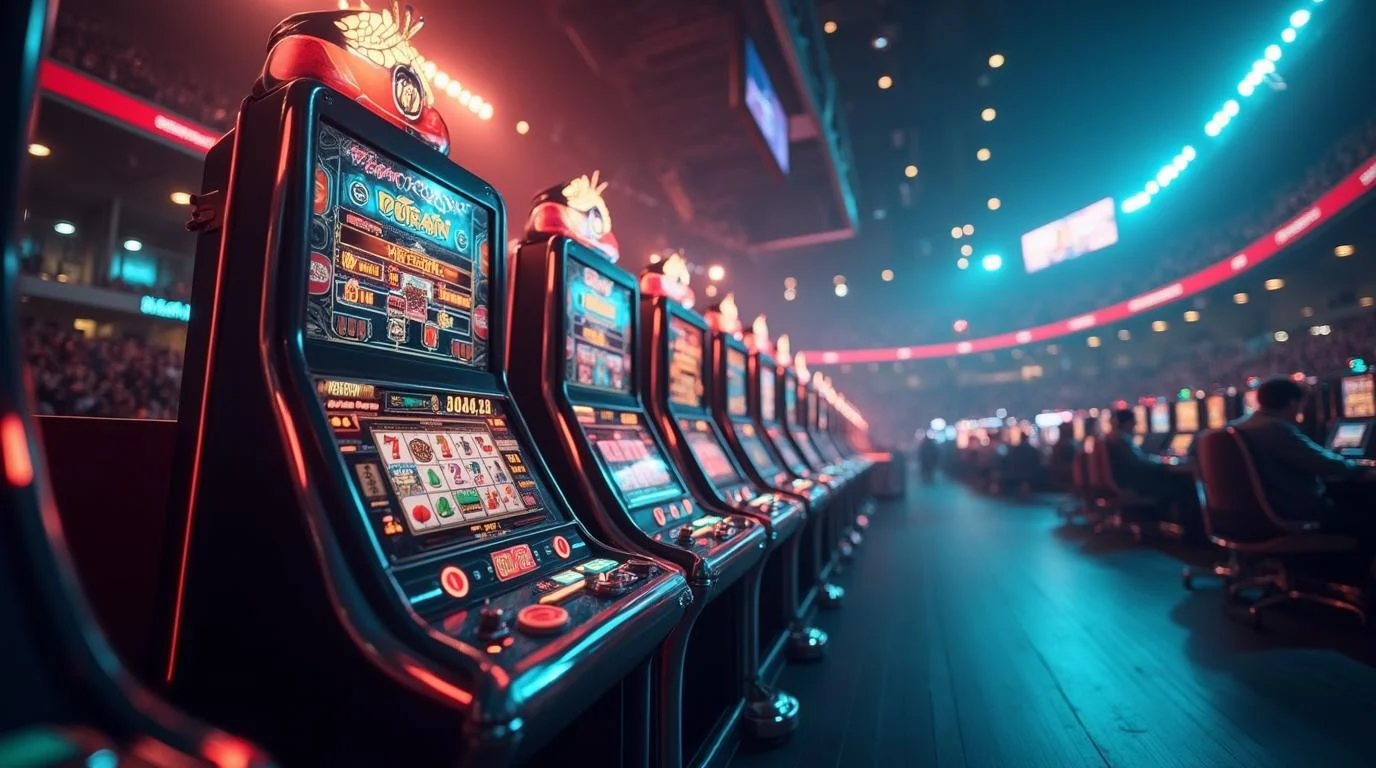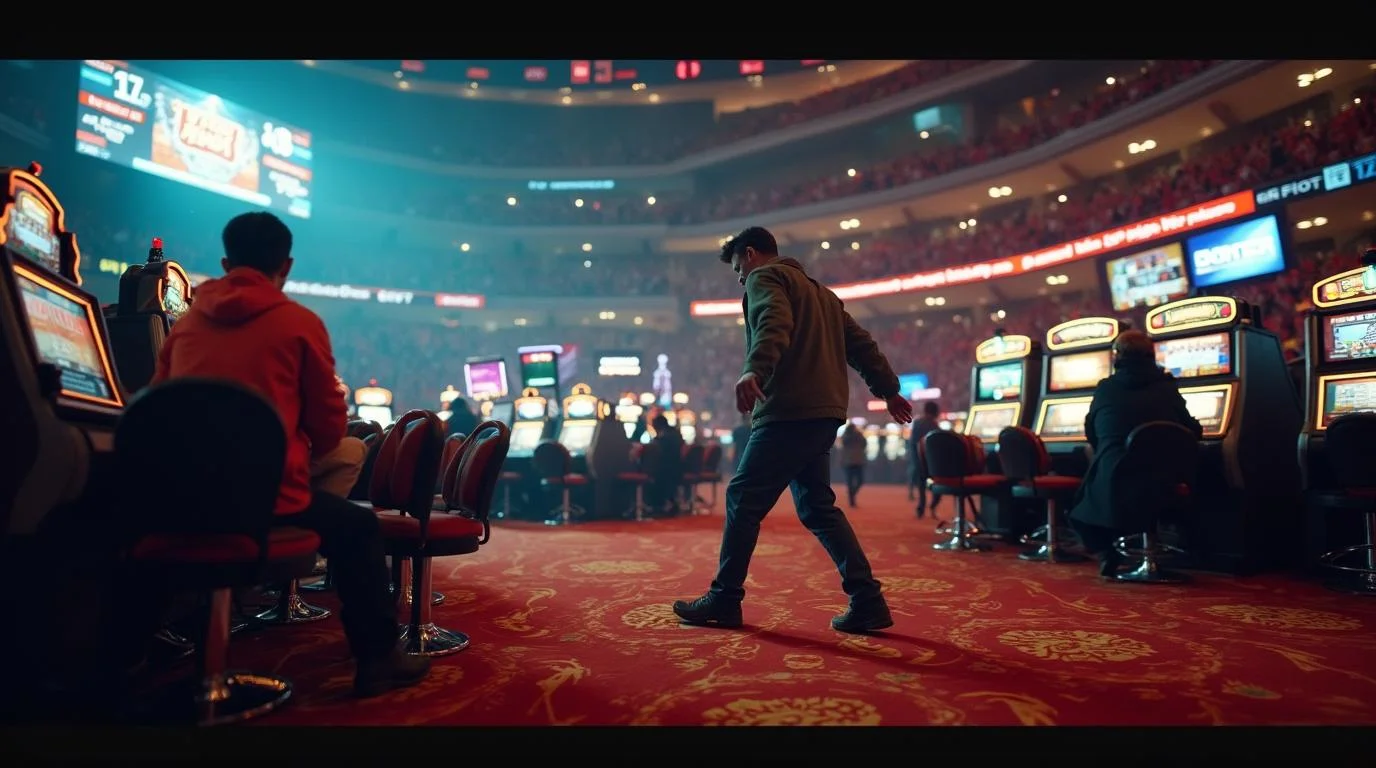Warning to Vapers: Las Vegas Hotels Now Have Vape Detectors

1.0
Default
A warning has been issued to vape smokers who are planning to visit Las Vegas and stay in its hotels - there are now vape detectors installed in more Vegas hotel rooms. Vape detectors are said to be more sensitive to vape smoke, specifically scanning the air for the telltale signs of tobacco as well as cannabis vape smoke. One commenter on Reddit even said it cost him a $400 charge.
Las Vegas, known for its vibrant nightlife and lenient smoking policies in many casinos, has long been a haven for smokers. However, a new wave of technology targeting vaping is reshaping guest experiences in the city's hotel rooms, sparking both controversy and complaints.
While traditional cigarette smokers have long been thwarted by sophisticated smoke detectors, vape users - whose devices emit significantly fewer particulates - are now finding themselves under more intense scrutiny. Hotels across Las Vegas are increasingly deploying sensitive vape detectors capable of identifying even minute traces of vapor, including the distinct chemical signatures of tobacco and cannabis.
A pricey lesson in vaping policies
The issue gained traction recently after Reddit user @HistorianJolly8683 shared their experience. The poster described how vaping in a Las Vegas hotel room led to an unexpected $400 charge. Identifying the establishment only as a 'Las Vegas casino resort run by Golden Entertainment,' the user's post hinted at Arizona Charlie's or the STRAT, the two Golden Entertainment properties in the city.
"When I asked what it was for, they let me know they have detectors now that sense vapor in the air and even had TIMESTAMPS as to when it went off," the Redditor wrote, expressing frustration over not being explicitly informed about the devices beforehand.
Golden Entertainment later responded to media inquiries, stating, "The $400 figure doesn't align with Arizona Charlie's or The STRAT."
Advanced technology behind vape detectors
The devices at the center of the controversy are typically Halo Smart Sensors, made by IPVideo. These sophisticated detectors are designed to monitor air quality, identifying the slightest traces of substances like THC and tobacco. Beyond vaping, the Halo Smart Sensor also offers features like sound detection to identify abnormalities, including shouting and gunshots, in areas where cameras cannot be installed.
Security company Avigilon, which integrates Halo detectors into its systems, highlights the financial incentives for hotels. According to the company, vape detectors can help hotels enforce non-smoking policies more effectively, leading to increased revenue from fines imposed on violators. "By utilizing vape detectors, hotels are able to identify more vaping and smoking offenses and issue more fines to guests that violate these policies," reads a guide on Avigilon's website.
Guests react to the clampdown
The pushback from hotel guests has been notable, with many arguing that the presence of vape detectors should be clearly communicated during the booking process.
"In a smoking casino, I thought hitting a vape in the hotel room wouldn't matter," wrote @HistorianJolly8683 in their post, reflecting a common misconception among guests who assume vaping policies differ from smoking regulations.
Another Reddit user, @710savannah, added their perspective, stating, "I used to work at a [hotel], and even we had this kind of technology. We had it behind the TVs, and it would go off even if someone sprayed hairspray, lit a candle, or lit a match... It collects the amount of non-air material in the air, and we get reports on it."
This heightened scrutiny has left some guests feeling uncomfortable, raising concerns about privacy and the potential misuse of such technologies.
A growing trend
While vape detectors have been in use for years in schools and offices, their adoption in hotels represents a new frontier. The combination of safety, security, and revenue generation makes these devices an attractive investment for hospitality businesses. However, their deployment raises questions about transparency and guest rights. As vaping technology becomes more widespread, some suggest that legal challenges may emerge, particularly from law firms specializing in data privacy and consumer protections.
For travelers, on the other hand, the lesson is simple - know the policies, read the fine print, and think twice before lighting up or vaping in a hotel room. The consequences, as some have discovered, can be costly.

























